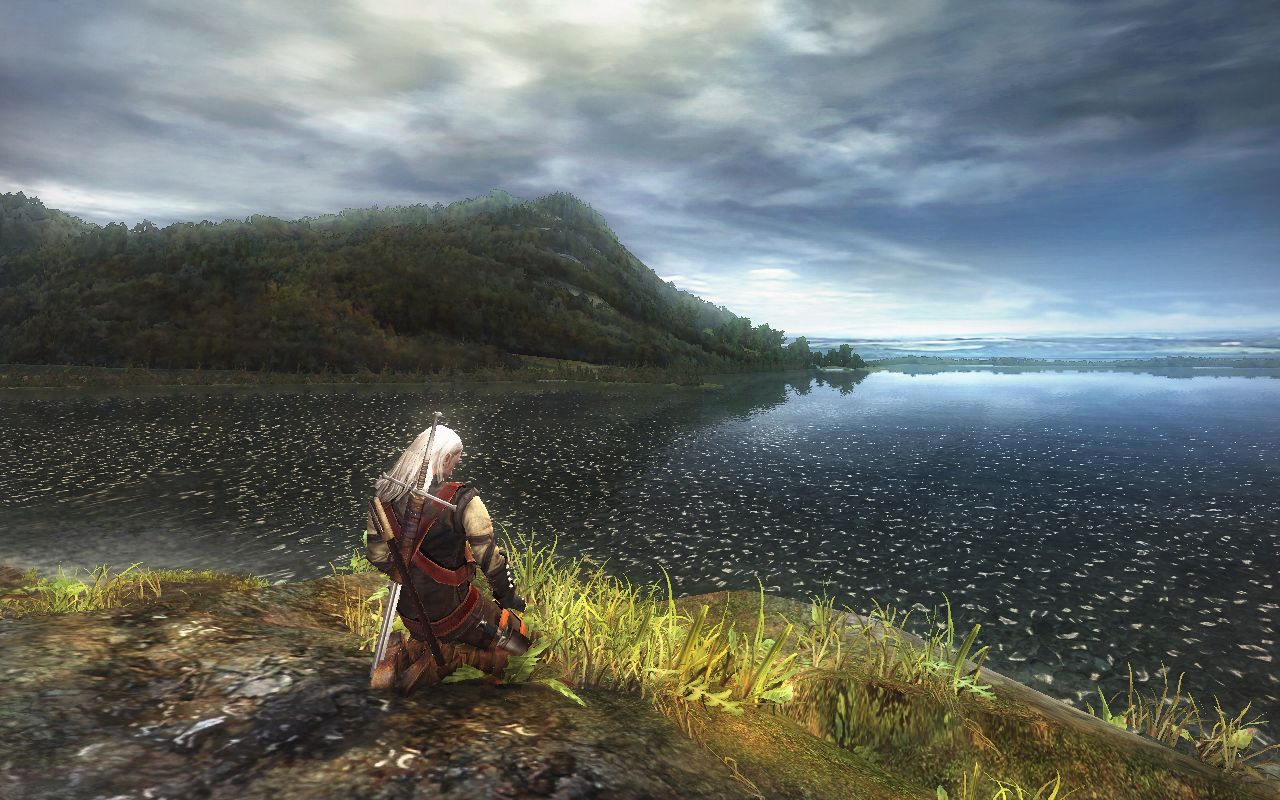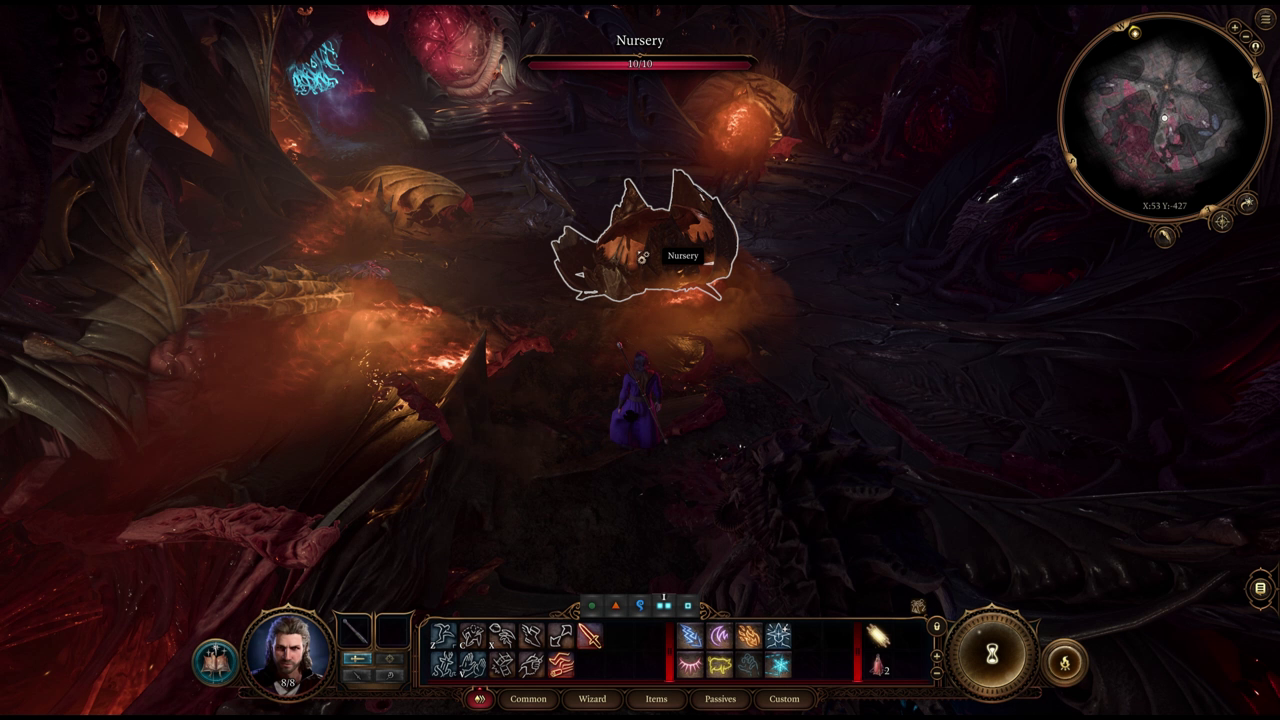Summary
- Save scumming in video games involves exploiting saves to change game outcomes.
- RPGs like The Witcher discourage save scumming by delaying consequences of choices.
- Games like Baldur’s Gate 3 and Kingdom Come: Deliverance teach players to embrace failures & avoid save scumming.
Save scumming is a subset of the “cheesing” tradition in video games, and I’ve always used this particular trick with glee. That is, until modern RPGs taught me how much better they can be without this cheeky workaround.
Save-Scumming Is a Fine Tradition
In case you’re not 100% sure what I mean by “save scumming”, it’s basically the practice of saving a game before you have to make an important decision. So that, if you aren’t happy with the outcome, you can try again and perhaps get results you like more. It doesn’t just apply to story decisions either, any game where you’re trying to get a particular outcome in a situation where its uncertain can be save-scummed.
Think about picking locks, or having to pass a skill check that includes dice rolls. It’s basically cheating to get an extra go at something when you lost fair and square. It only applies to things that aren’t game-ending, so reloading to try a boss again that wiped the floor with you is just normal intended player behavior.
The First Witcher Game Defeated My Scummy Tendencies by Tricking Me
Since RPGs (Role-playing games) have stories that are central to the experience, many developers have to deal with an issue where players perceive certain outcomes as “wrong” or “bad”, even though it’s just another branch of the story. It’s hard to dissuade save-scumming without also annoying the player.
For example, in the first Kingdom Come: Deliverance, the developers included limited saves. You have a potion called “savior schnapps” which is a consumable item that you have to buy or craft. This was pretty unpopular when the game came out, but it makes you think twice about wasting your limited saves on trivial things like lockpicking or minor dialogue checks.
The best solution I’ve ever seen to this problem was in the first Witcher game. Everyone knows the third smash-hit title, but back in the late 2000s this game was half the reason I scraped up my pennies for an NVIDIA Geforce 8800 GT, the other reason being Crysis.

Related
The 10 Most Influential Graphics Cards of All Time
This article might be a little too graphic for some audiences.
What the Witcher did, was delay how long it took for you to find out what the consequences of your choices were. You’d make a choice that seemed important, and the game would just continue, then hours later or even during the end credits, you’d realize that the choice you made led to something horrible happening. Best of all, many of these choices weren’t between “good” and “bad” outcomes, but rather “bad” or “worse”.
Baldur’s Gate and Kingdom Come Taught Me There’s No “Bad” Path
Some of the best modern RPGs have done a great job of making me avoid save scumming. Yes, they have measures in place, such as Baldur’s Gate 3’s “honor” mode where you only get a single save slot, and have to live with the consequences of your actions. However, the narratives of the games are designed in such a way that, whatever happens, the story keeps rolling forward, and sometimes even “failures” can have interesting and positive outcomes.
So with BG3 and the other big recent RPG hit Kingdom Come: Deliverance 2, I don’t want to save scum. I want to see what happens next. Because all good stories have their ups and downs, and it means if I play again in the future, I’ll get a completely different set of events.
Only Death Is Final to Me in RPGs Now
With these flexible RPGs with deep and branching narratives, I’ve decided that I’d rather just see where something goes, even if it’s the result of failure, with the only reason to reload a save being a “game over” screen.
So far, this has led to some of the most interesting story twists and game experiences I’ve had in an RPG, and after all, if you’re going to play a game that’s boasting how nonlinear it is, the last thing you want to be is narrow-minded.







